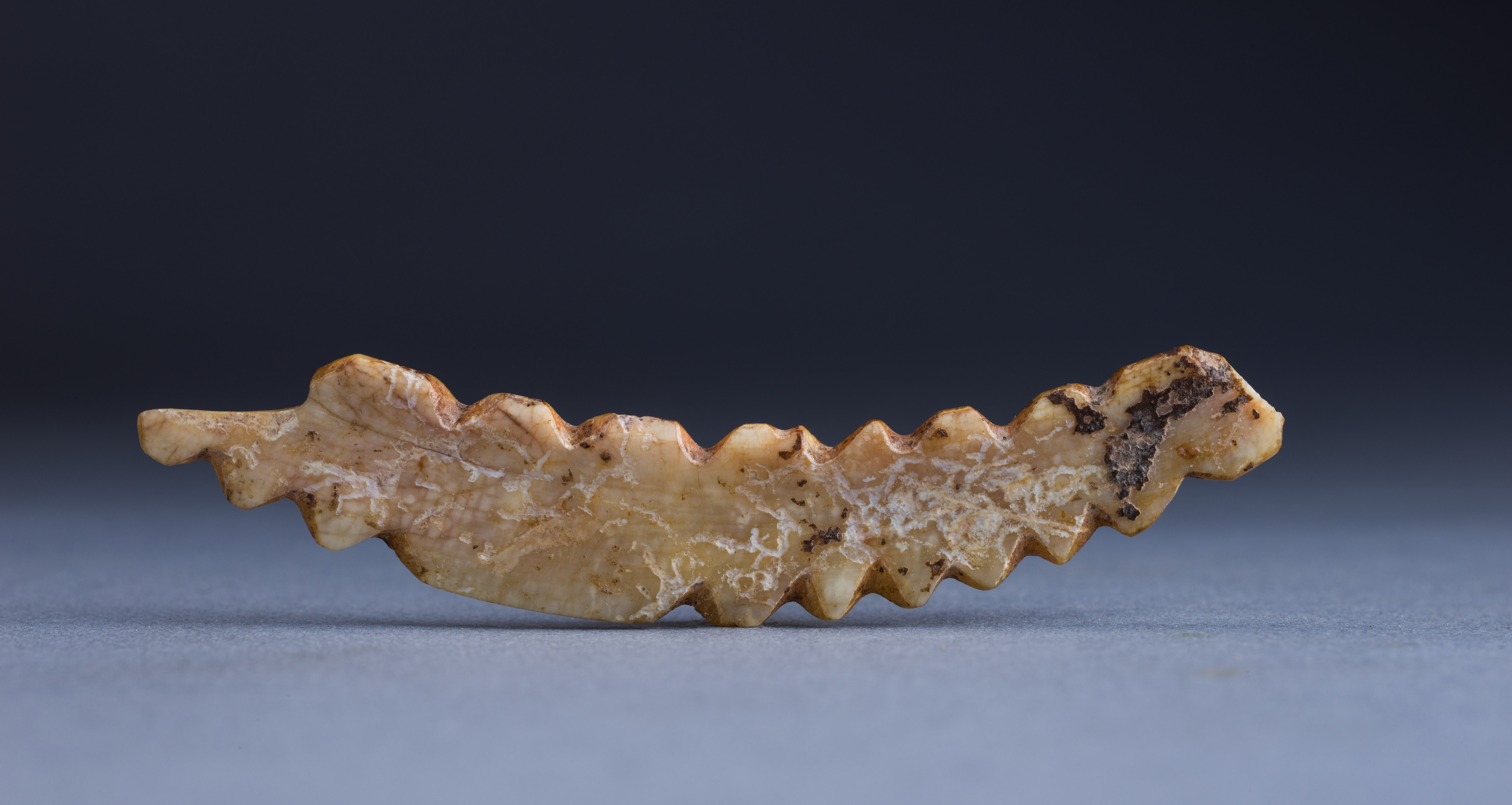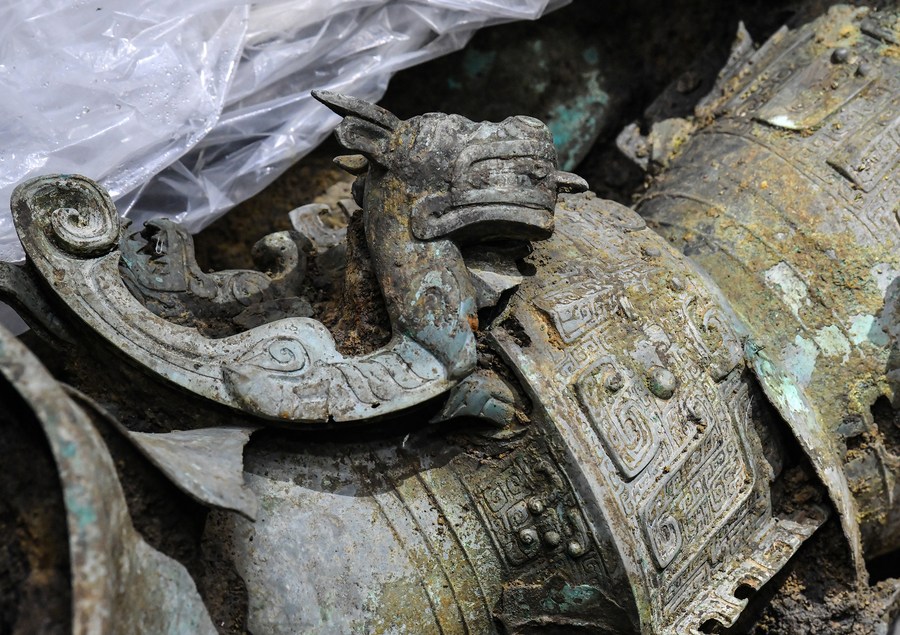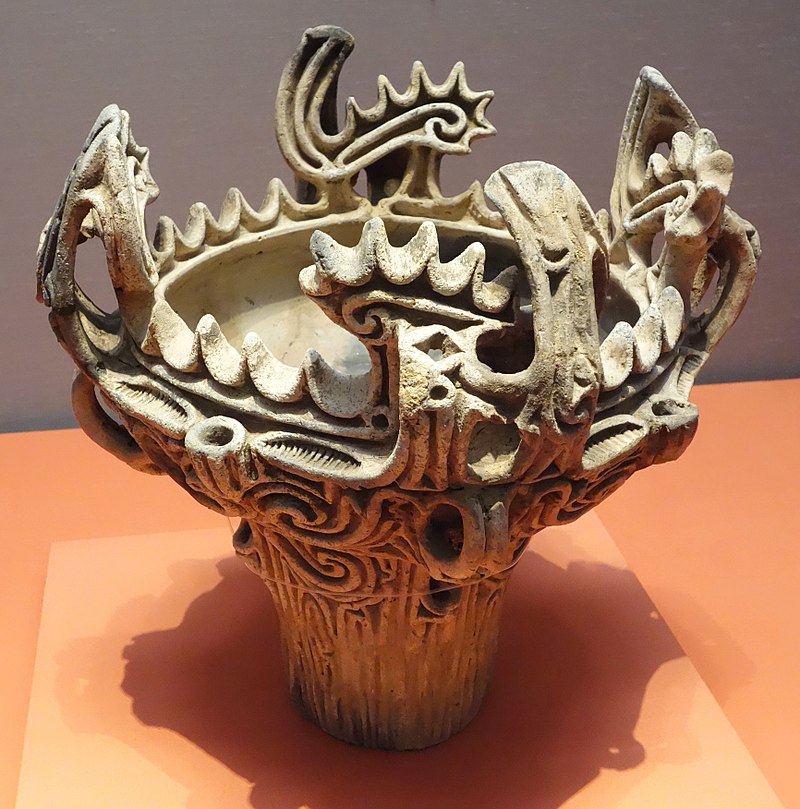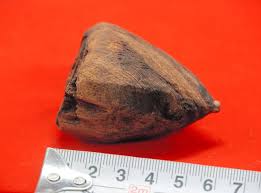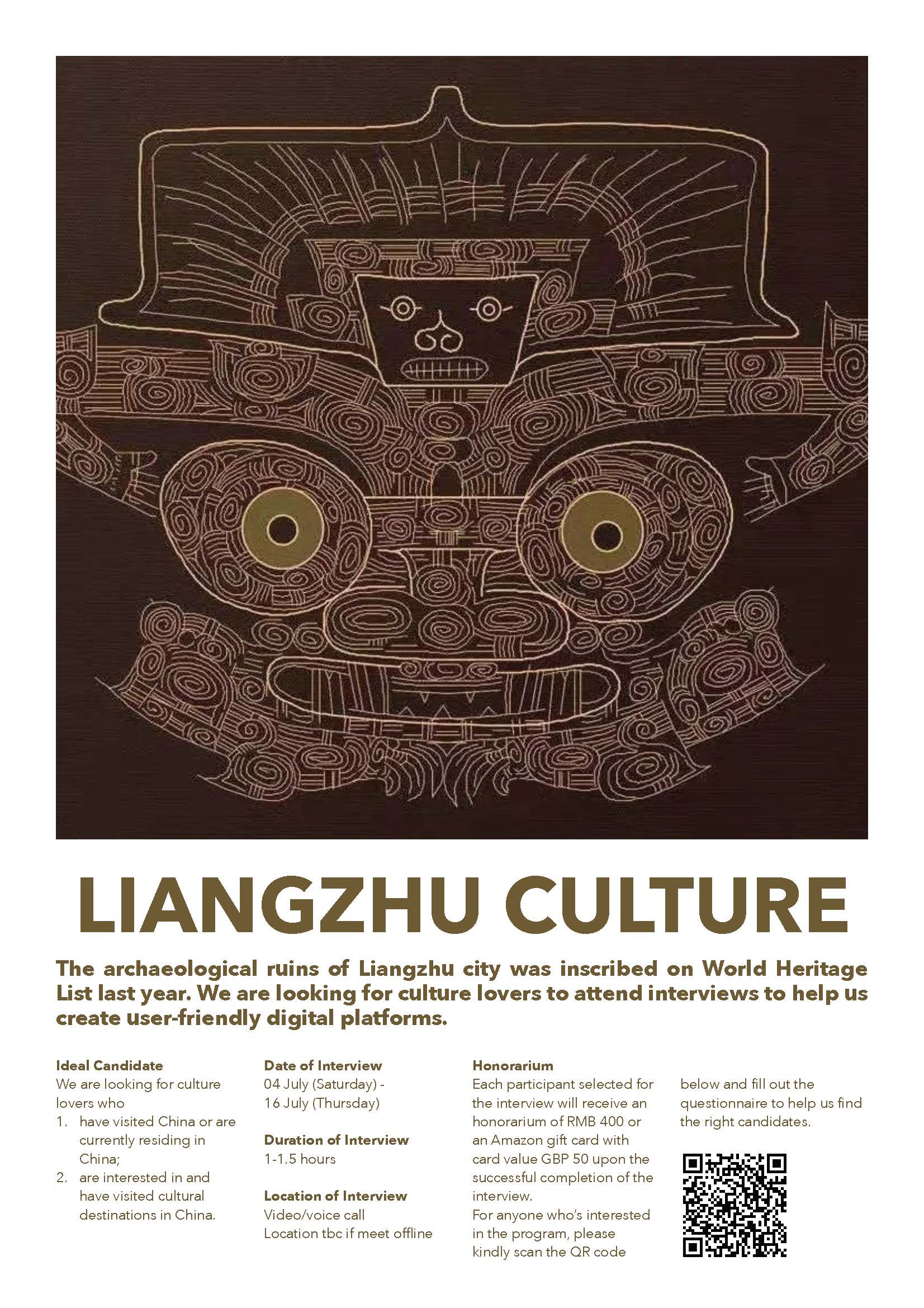By Gao Dalun, translated by Anke Hein
As the saying goes, “if you plant one seed of millet in the spring, you will harvest ten thousand grains in autumn.” After a year and a half of meticulous preparation, the archaeological ceramic specimen database of the Social Science Center has finally reached a preliminary completion. To display the full cultural and academic value of this archaeological achievement, allow for more people to learn about and make use of the collection to carry out archaeological research, and to stimulate the public's interest in archaeology and history, the Social Center held an opening ceremony for the "Ceramic Stories" exhibition on December 5, 2020. More than 40 researchers from archaeological and cultural institutions across the country gathered at the Southern University of Science and Technology to celebrate the completion of the collection. Among them were Prof. Zhou Yongming, Director of the Center for Social Sciences, Prof. Chen Yuehong, Dean of the School of Humanities and Social Sciences of the Southern University of Science and Technology, Prof. Gao Dalun, former head of the Sichuan Provincial Institute of Archaeology and leading director of the Ceramic Specimen Collection at the Social Science Centre, Dr Yegor Grebnev, former doctoral and postdoctoral student at the University of Oxford and now postdoctoral researcher at the Southern University of Science and Technology in Shenzhen, and various researchers focusing on ceramic studies, among them Gao Xuyang, DPhil student at the School of Archaeology, University of Oxford, who assisted in preparing the exhibition.

